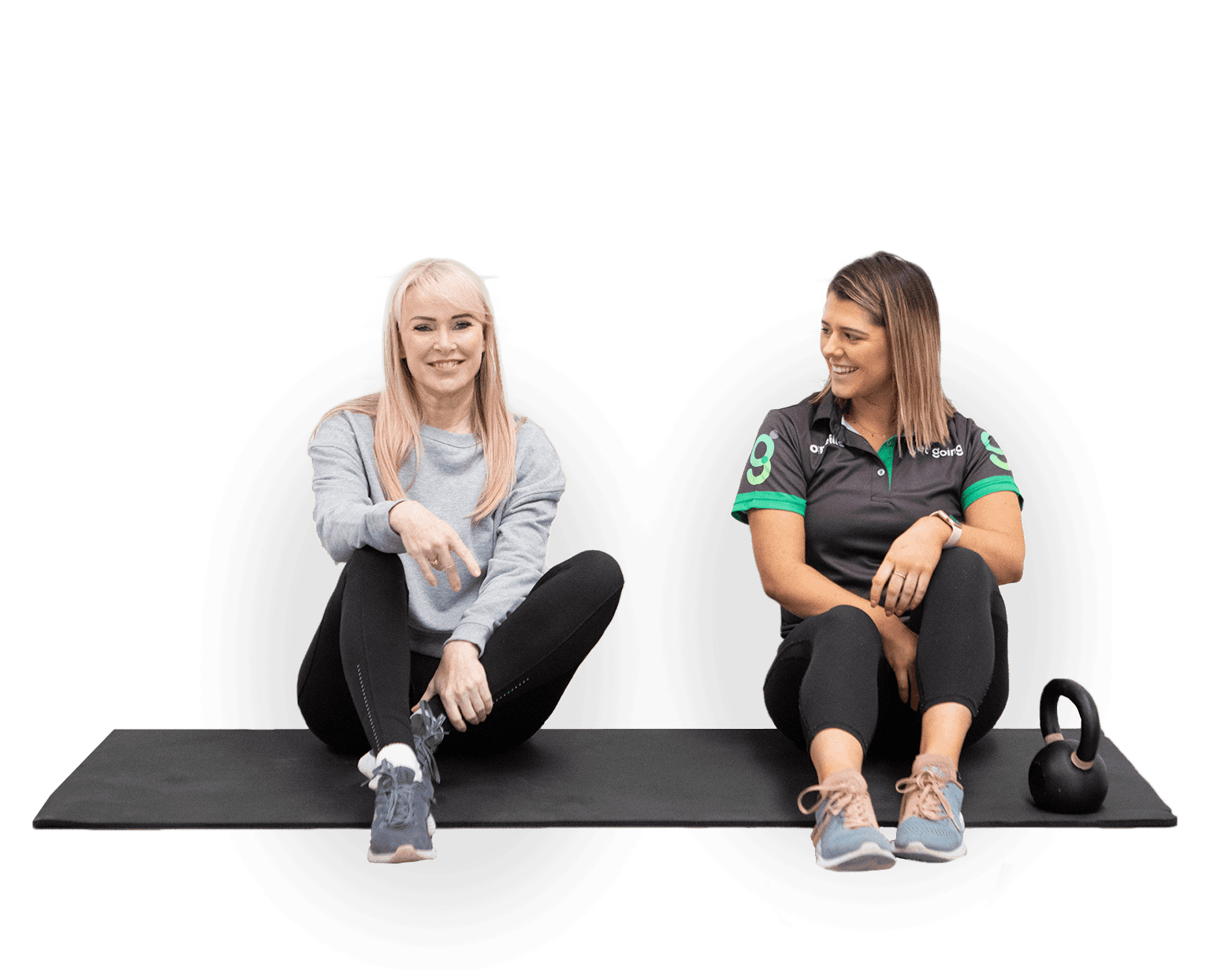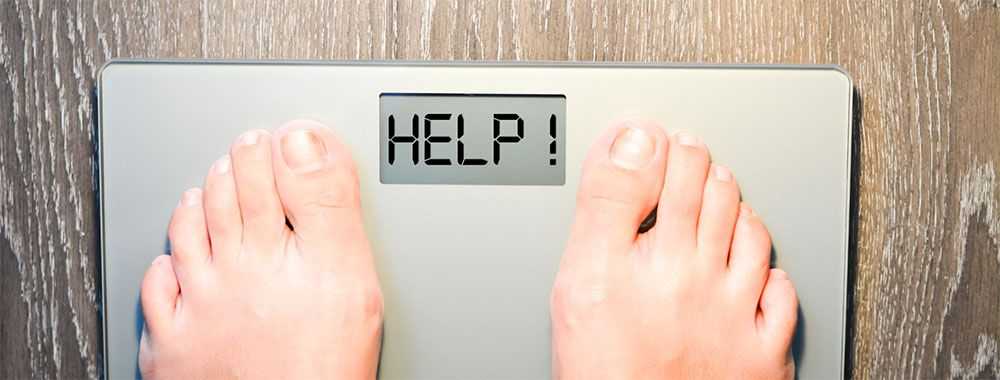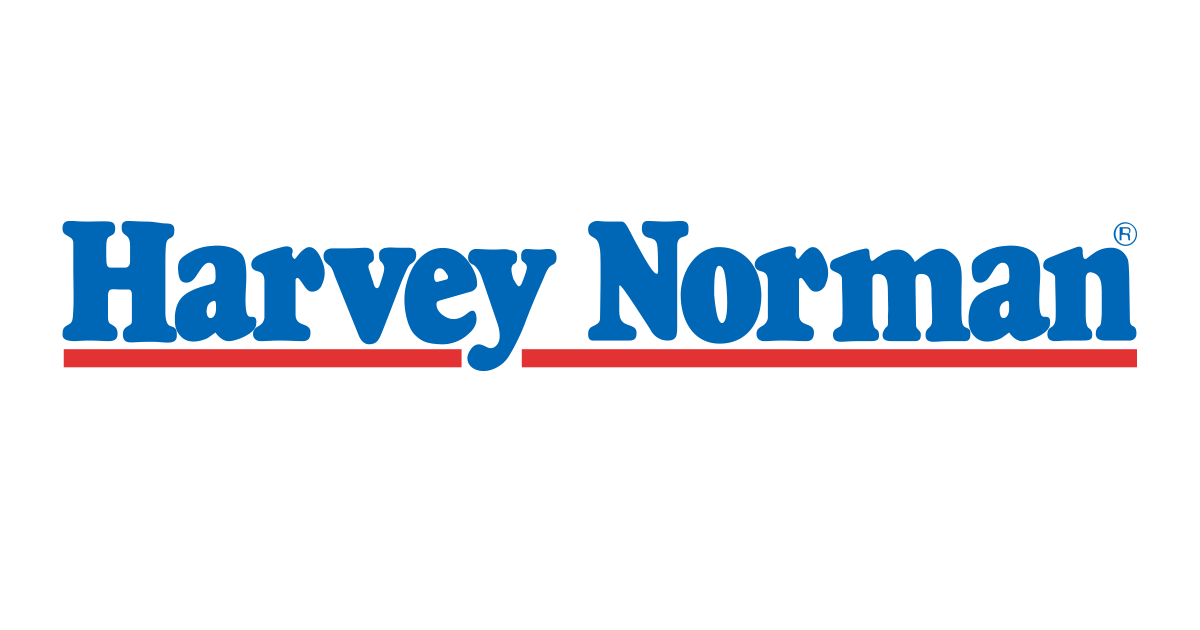Stressing about your weight? Give yourself a break
"STOP STRESSING ABOUT YOUR WEIGHT SO MUCH".
STOP STRESSING ABOUT YOUR WEIGHT SO MUCH
(A) Lean mass VS body fat mass
We’ve all stepped on the scales before and seen that number flash in our face (Or the little dial swing around and flutter for a bit if you have scales from when the dinosaurs were around), but what does that number reflect?
Our bodies are made up of many different things. Lots of things actually.
LEAN BODY MASS refers to all things in our body which weigh something, and are not fat tissue. It comprises our muscles, our skin, our bones, our internal organs, our blood and other fluid compartments, and more. All of these things weigh plenty, and contribute significantly to that number on the scale.
FAT MASS refers to the mass of our bodies which comes from adipose (fat) tissue. Adipose tissue can be subcutaneous, meaning the stuff under your skin you can pinch/squeeze, and visceral adipose tissue, which is the fat lining your internal organs.
TAKEAWAY: Your body weight is made up of lean and fat mass, and changes in body weight can be due to changes in either of these things, NOT just fat.
(B) Food and next day body weight
If you’re anything like me, you may have eaten an extra big meal one night/eaten a little bit extra throughout a certain day, and waken up heavier the next.
Before you panic, thinking you’re blowing out and have put on a whole lot of fat, and destroyed your previous week’s progress, rest assured this isn’t the case and that there is more going on.
When we eat carbohydrates, any excess that isn’t immediately used after digestion and absorption is stored in our muscles and liver for later. When stored, carbohydrates attract and ‘latch onto’ water, which causes our weight to remain slightly heavier than what it would have been.
More so, if we eat more food, before we kindly dispose of beautiful human waste, it has to go through us to be digested. Therefore, more food inside of us = more weight showing up on the scales.
TAKEAWAY: eating a little extra one night and waking up heavier the next day is unlikely from fat gain, and more so to do with water retention and more food mass still being in your gut.
(C) Weight variation and weighing accuracy
Weight can be a fantastic measure of progress, if done correctly and consistently.
Our body weight can vary (these are called fluctuations) significantly throughout the week due to many different reasons. Long story short here, if your weight goes up or down a little the next day, it doesn’t actually mean much.
To properly determine if we are gaining or losing weight, we need to take WEEKLY AVERAGES:
Weigh yourself first thing in the morning, minimal clothing, before eating/drinking anything and after the toilet if you can. Do this most mornings of the week.
Take an average of all values at the end of the week.
These average values at the end of every week are the ones you want to use to compare, to following weekly averages, to see if you are gaining/losing/maintaining weight.
Weight however is NOT the be all and end all of progress measures, and I’ll discuss some others soon!
TAKEAWAY: day to day variation in your weight tells you very little- you want to compare weekly average weights week by week to see which direction it is heading in.
(D) Fat gain and fat loss
The stuff you can pinch away from your arms, belly, legs and wherever else, is called ‘adipose tissue’ (fancy way of saying body fat).
We store fat when we eat and/or drink more energy than what our body’s requirements demand for. In essence the body has an excess supply of energy, and if we don’t use it, it needs to go somewhere, so it is stored.
This process does not happen to large degrees overnight. In other words, if you eat a few more pieces of pizza than you would’ve liked at that work function, you’re not going to blow out overnight. If you have a larger than normal meal at your parent’s place on the weekend, you’re not going to put on a whole lot of fat.
To put on body fat, you need to be eating and/or drinking too much energy for weeks, months, even years to start putting on body fat to significant degrees.
TAKEAWAY: Although this isn’t an excuse to eat donuts and chocolate everyday, rest assured if you treat yourself or have a larger than normal meal every now and again, you are not going to get fat- this takes a lot of time.
(E) Progress measures other than weight
Like mentioned, weight can be a great measure of progress. However, it is NOT the be all and end all.
Many people, myself included, can become over-focused on their ‘end goals’ (for example, wanting to lose 20kg for a wedding next year), and bash themselves when they aren’t moving in that direction quickly enough. People do this however, without breaking their goal down into smaller, bite-sized pieces, or individual bits of a jig-saw puzzle if you like.
Losing weight, in this example, requires many different things to be in place.
- Consistent, healthy eating
- Consistent physical activity and planned exercise sessions
- Getting enough sleep
- Control over alcohol intake
- Control over social situations and family potentially interfering
- Managing your work and/or study schedule
As you can see above, there are many things which need to be in place, which can, OF COURSE be overwhelming. So why not break these things down, and focus on one thing at a time? In other words, rather than solely focusing on your weight loss week to week, I encourage you to track your progress re: improving the above measures week to week, one thing at a time.
This will help you:
- Realise you ARE progressing in areas of your health and fitness, whether you are losing weight right now or not
- Indirectly contribute towards your weight loss goal by getting better at some of the practices which need to be in place
I hope I’ve re-assured at least some of you that there are more things to focus on and consider important than just your body weight. Although it is a useful measure of progress, at the end of the day, (as the cliche goes), it’s just a number!
Looking for a personal trainer for weight loss or a at home Personal Trainer? Contact us today!













